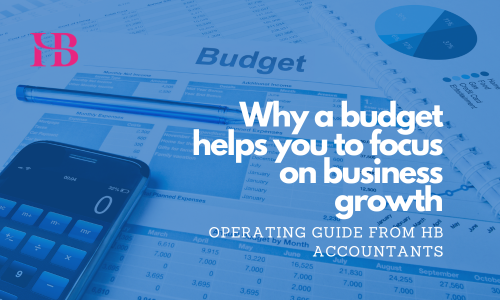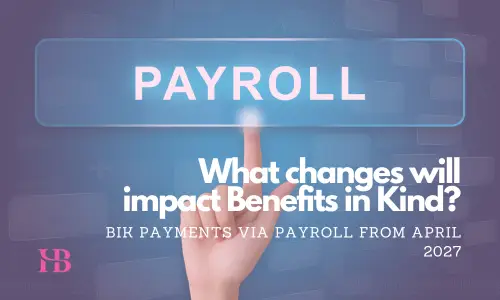We know that it’s tough for small businesses and sole traders right now, and it’s more important than ever for businesses to access the advice and support they need. Whilst every business is different, we recognise that there are actions that every business can take to help mitigate the cost of doing business.

“The cost of living crisis starts with a cost of doing business crisis.” Martin McTague, National Chair, Federation of Small Businesses (FSB)
Here are HBs tips for every business no matter what it’s size.
1. Reduce your energy use
One of the driving forces behind increasing costs is energy prices. A simple way to help reduce costs – and be more environmentally friendly – is by reducing your energy use. This act should not impact your customers or staff. Some of our suggestions include:
- Turning off equipment and other electrical items when not in use including not using stand-by mode
- Encouraging responsibility among your team for switching off lights and so on, and recognising people that do this in a fun way
- Shopping around for better power deals
2. Reduce other costs
If rising costs are threatening to overwhelm your business it makes sense to find alternative solutions. Firstly, speak to your existing suppliers, they may be able to lower their prices to keep you as a customer. If this does not help, consider if there are cheaper alternative suppliers or lower cost materials that you could use. The aim is to not diminish quality but to reduce the overall cost per customer.
3. Increase prices
If you are unable to reduce costs then you may need to consider increasing your prices. This may be controversial, especially when people are already dealing with rising costs themselves and you need to balance any price rises with the risk of losing customers.
If you have to adjust your pricing model, try to minimise them as you need to remain competitive. Remember to clearly communicate the reasons for the price rise with your customers.
4. Cash is king – keep your cash flowing
To help understand your costs and your customers’ purchasing habits, review your financial reports – and speak to your accountant about them. Investing in regular financial audits when you discuss the reports with other professionals will help uncover what the future potentially holds for your business. For example:
Reviewing your sales invoices will tell you how much of a product or service you’ve sold, to who and how often, and whether they have paid on time. You can use this to analyse who your best
customers are and how to market certain products to them, as well as looking at which products or services are selling and which ones are not. You may uncover hidden sources of income such as opportunities to upsell, cross sell or tap into new markets.
You may discover unpaid invoices enabling you to instigate credit control practices that will keep the cash flowing into your business or even start using invoice finance. This is when unpaid invoices are used as security against a loan, allowing you to unlock the capital tied up in them.
Purchase invoices will tell you how much of a product or service you purchased, and how often. You can use this to look at any fluctuations in prices or if you can get a bulk order discount from suppliers.
You may uncover costs that are creeping up, enabling you to speak to suppliers sooner rather than later.
You may be able to eliminate unnecessary expenditure by cancelling contracts or other fees you don’t need or reducing them to a manageable level.
5. Are you tax efficient?
You can also talk to your accountant about tax and check whether you are as tax efficient as you can be.
You may wish to consider your business structure.
In some cases, it can be useful to reclaim VAT on your purchases. It’s a requirement to register for VAT when your business turnover reaches £85,000 but you can voluntarily register for VAT under the threshold. Find out more here.
How can we help?
Acting on these five tips is good practice for any business but in an uncertain economy, these actions become critical. The HB team is always available to support all of your accountancy needs, to discuss ways to boost your productivity, and how to better manage your business financially.
If you would like to learn more about the services that we offer, discover how we can give you real confidence in the future of your business, or if you want assistance with financial reporting, then contact us today. We’re accountants for businesses of every size, and we are here to help.
The information contained above is for general guidance purposes only. Whilst every effort has been made to ensure the contents are accurate, please note that each individual has different circumstances and it is essential that you seek appropriate professional advice before you act on any of the information contained herein. HB Accountants can accept no liability for any errors or omission or for any person acting on or refraining from acting on the information provided in the above
Read latest blogs below
Feel free to follow us on Instagram to get to get a flavour of who we are @HBAHoddesdon







